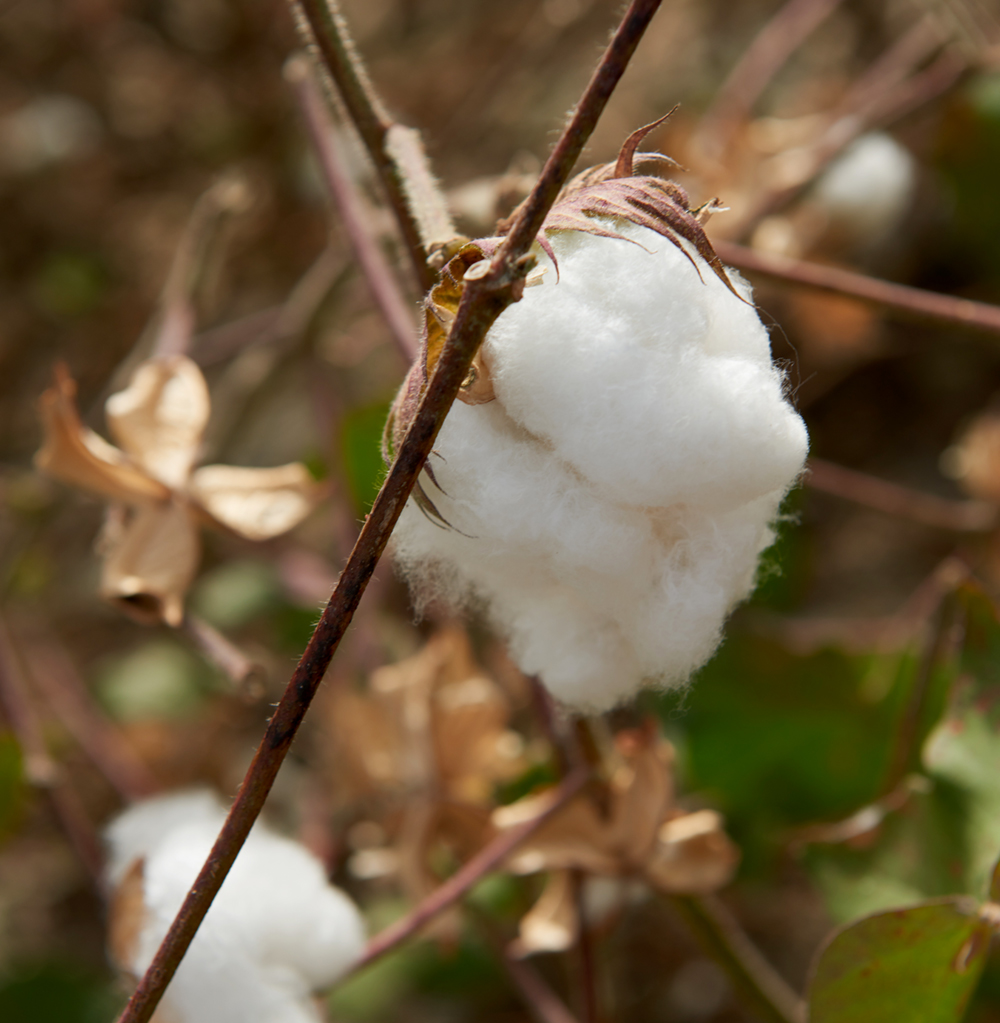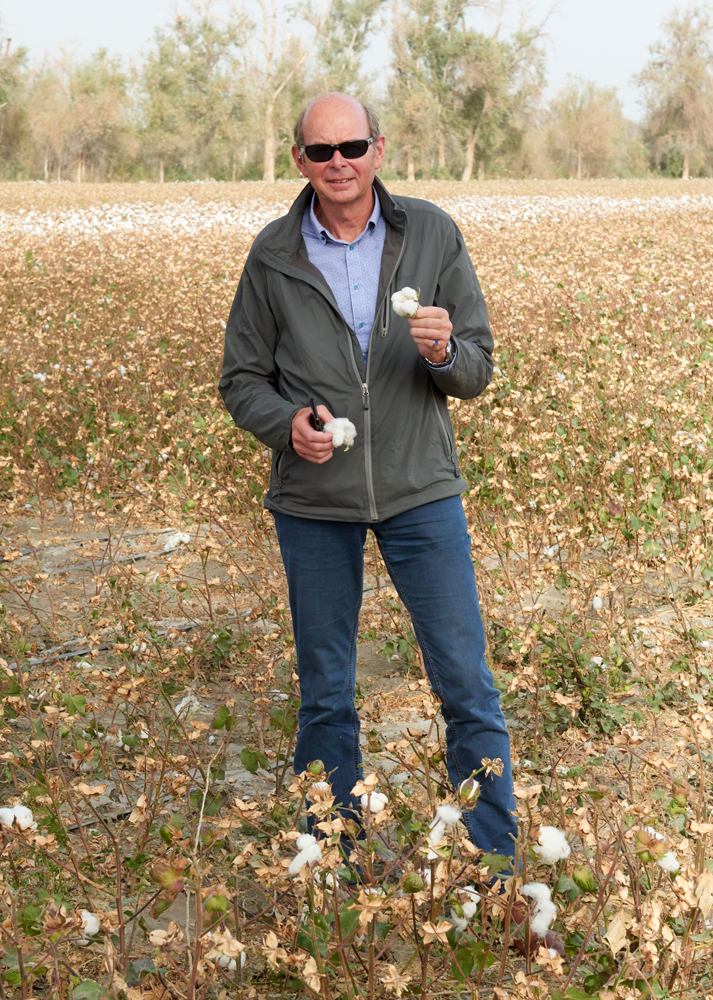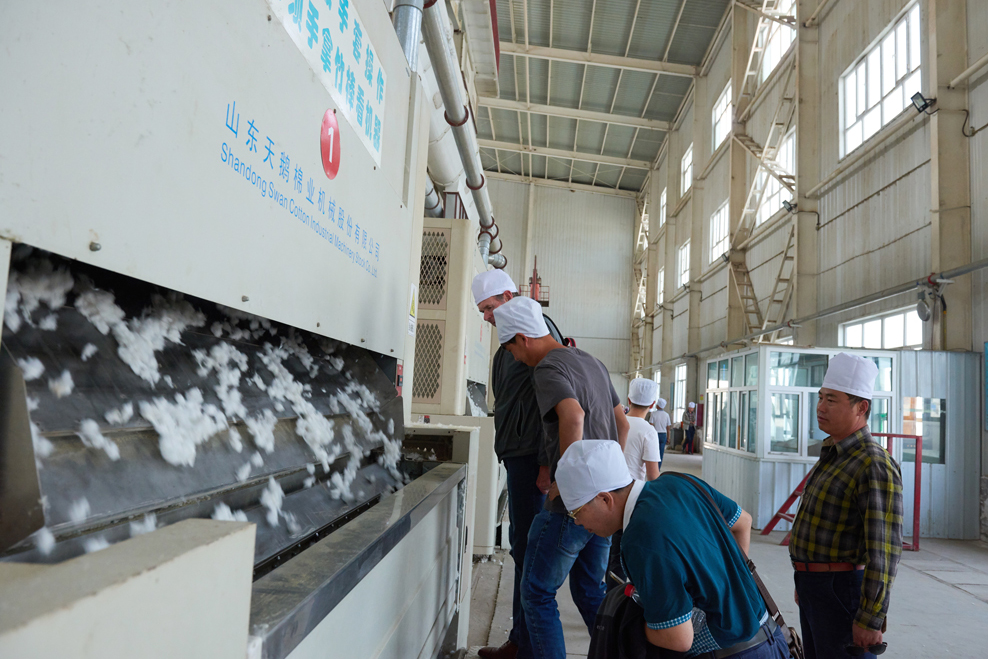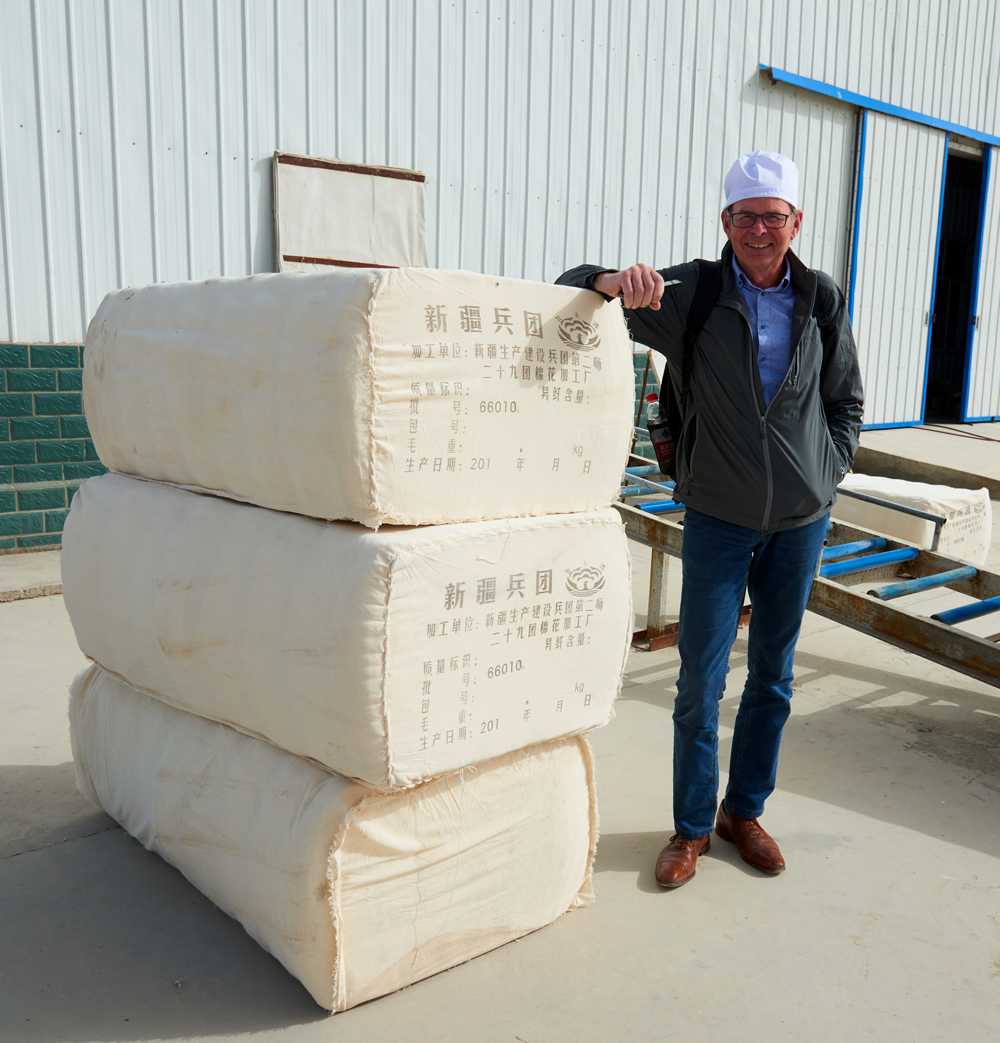Good Cotton

From farm to fabric, our cotton is good.
We are proud that 90% of our cotton comes from well managed cotton producing farms that are registered to the Better Cotton Initiative. They are assessed twice a year to strict standards.
The key principles for production of Better Cotton are:
Better cotton is produced by farmers who minimise harmful practices.
Crop Protection practices are carried out through a few simple principles.
- Growing of healthy crops
- The prevention of build-up of pests and stopping the spread of disease to the crop. This includes good crop preparation and rotation to break the cycle of disease and pests
- Enhancement of beneficial organisms
- Regular field observation of the crop’s health, keys pests and the beneficial organisms.
Water
Only licenced water from approved sources can be used.
Efficient water management helps maximise productivity, and minimises cottons environmental impact.
Crop Rotation
Soil is cared for and maintained through thoughtful crop rotation.
Crop rotation is an important means of improving and maintaining soil health. It breaks disease cycles, while biologically ripening the soil.

Fair employment
Better cotton is produced by farmers who promote and work to fair employment.
There is no child labour in accordance with ILO convention 138- International Labour convention. With this in place, farmers agree to a basic minimum age for employment of 15.
Employment is freely chosen. There is no forced or compulsory labour, including bonded or trafficked labour.
Natural
Natural habitats are conserved by farmers by preserving these natural habitats, they can create refuges for beneficial insects, as well as acting a trap for crop pests.
Quality of Fibre
Quality of fibre is improved by:
- Correct planting dates- taking into consideration the pest pressures and seasonal conditions.
- Row spacing- they are appropriate for the variety, soil type and seasonal conditions.
- Disease management- disease can stunt growth and lead to reduced cotton fibre quality.
- Weed management- Weeds in the cotton crop may lead to contamination of the seed cotton and lint.
- Insect management- Damages to the bolls needs to be controlled as late season insects can affect the cottons resulting in sticky fibres.
By adhering to these principles, better cotton farmers produce cotton in a way that is not only measurably better for the environment and farming communities, but also produces a better-quality cotton.
Cotton is being replaced with polyester in a lot of garments. Polyester has become an infinitely recyclable material it is more sustainable, where as cotton can have serious environmental impacts.
However polyester can melt when exposed to high heat, unlike cotton. For this reason we strongly promote cotton aprons as the garment of choice for protection in kitchens, while recognising that polyester cotton is the fibre mix of choice for lightweight, comfortable, chefs uniforms.
Recognising the environmental risks associated with cotton production we are currently developing the use of more sustainable Tencel fibres in our workwear.

Cotton Field

Cotton Ginning

Standard Size Cotton Bales







